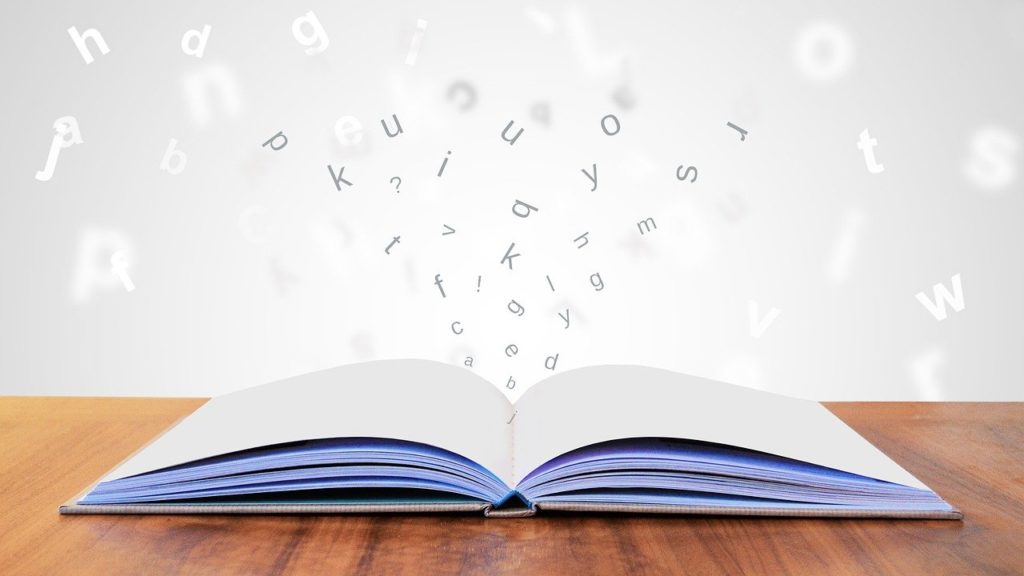
This week we are shining a spotlight on the dyslexic community and with the help of the British Dyslexia Association (BDA), we hope to provide information, inspiration and confidence boosts to anyone who wants to find out more about the skills of a dyslexic individual. So, switch those notification bells ?
If you’d like to find out more about what BDA are up to this week, you can take a look at their webpages too.
What is Dyslexia?
Dyslexia can come with a variety of challenges and can manifest completely differently in everyone. Often, these challenges are invisible, so it is important to explore and understand how you can help and support friends, family, colleagues or peers who have Dyslexia.
Dyslexia is most commonly linked to reading and writing skills but can also impact organisation and time management skills. If we’re talking science… there are areas of the brain that work to process words elements for understanding and analysis. Different areas of the brain work together to piece together these elements for fluent reading. Dyslexic people can excel in all fields while thinking a little differently and this is something we can all learn from.
Thinking differently can be a good thing. Remember, brains are individual to us just like our personalities. Strengths of dyslexic individuals often involve problem solving, understanding how things work, seeing patterns and coming up with new ideas, telling stories and making things. These strengths go hand in hand with careers involving visual and creative fields like engineering, architecture or acting but the list does not end there. Dyslexic people can do a lot of things! Just slightly differently to others.
Support
Reading blogs like this and finding information about how dyslexia can impact people, is a great place to find out more about this learning difference.
Watch this short clip to find out more about Dyslexia –
Share your story, thoughts or experiences with BDA
There is lots of support available at Edge Hill University through the SpLD team in Library and Learning services based in Catalyst. This includes 1-1 study skills support as well as Assistive technology software (Text to Speech and Mindmapping) networked across campus. Find out more about how to register with the team and access support here.
To support friends, family, students or colleagues, the best thing you can do is have open and honest conversations about their strengths and challenges. Sharing good strategies and constructive solutions is always helpful.
This week:
We are focusing on STRENGTHS and positive experiences this week so please contact us if you would like to share something (this can be anonymous). DM us on Instagram or contact the SPLD team directly.
If any of this information sounds relevant to you or if you’d like to ask some questions, keep an eye on our social media pages this week to let us know your thoughts or questions.
